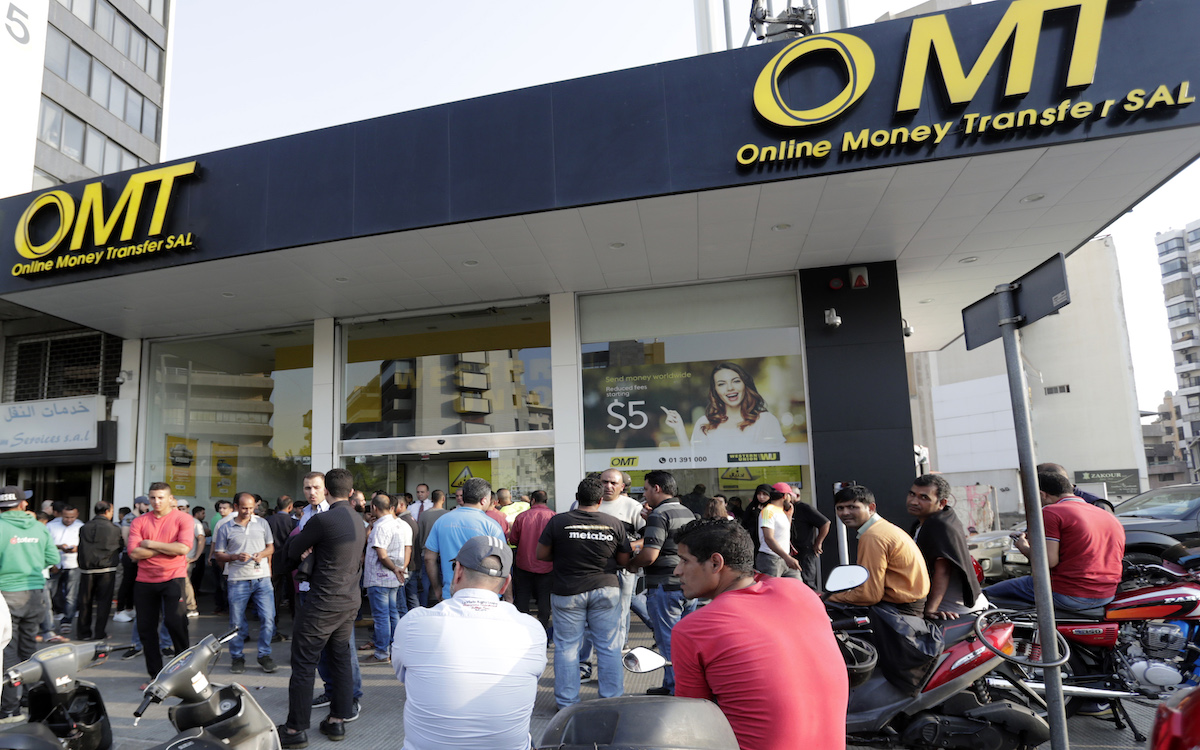
by middleeastmonitor.com — The Depositors Union of Lebanon and Accountability Now have submitted a legal petition to the Council of the European Union, the European External Action Service (EEAS) and the US Treasury requesting sanctions be imposed against ten Lebanese politicians, civil servants and banking executives who have failed in their public service mandates by pursuing their own private interests at the expense of the Lebanese people and state. A joint statement issued by the two groups on Monday said the request is in line with the European Union’s sanctions framework issued in July 2021, while the 120-page petition sets out the legal justifications for the sanctions. In July 2021, the European Union approved a legal framework for a body of sanctions targeting Lebanese individuals and entities that affect “those responsible for undermining democracy and the rule of law in Lebanon.”
The sanctions include a travel ban that prevents the entry or transit of persons on the sanctions list through EU member states, as well as financial penalties. The joint statement said: “After a thorough and serious evaluation, the European Union is called upon to impose sanctions against individuals who have undermined the implementation of plans approved by the Lebanese authorities, with the support of relevant international actors, as well as those involved in financial misconduct with respect to public funds, so long as the acts involved are covered by the United Nations Convention against Corruption.” The statement added that theindividuals include current and former Lebanese MPs, members of the Council of Ministers, executives from private banks, and officials from the Central Bank of Lebanon.
A co-founder of the Depositors Union, Nizar Ghanem, told Al-Araby Al-Jadeed: “We have repeatedly warned Lebanese officials, politicians and bankers, of the consequences of not implementing the reforms required to preserve the national economy, return the depositors’ money, and the savings of the Lebanese people.” “Today, the World Bank says the economic crisis in Lebanon is deliberate, and it is known to everyone that there is a financial shadow plan being implemented in Lebanon aimed at making the poorest of the poor and the depositors pay the costs of the crisis, while protecting the large families that hold the reins of the banking sector and politics in Lebanon.”



